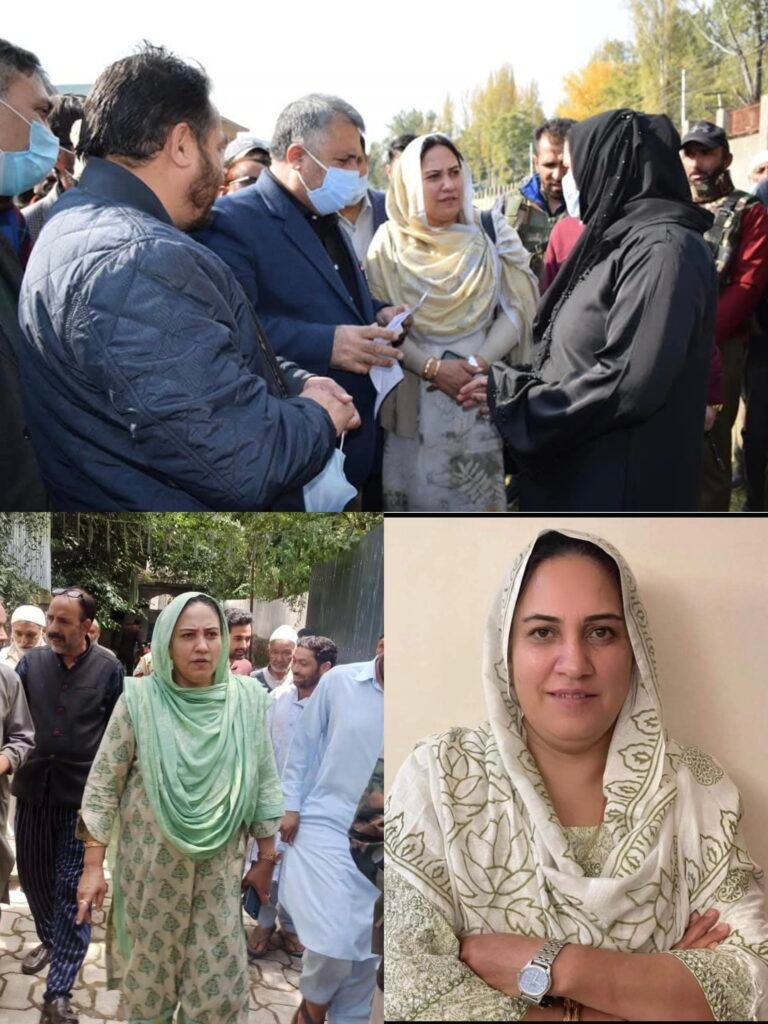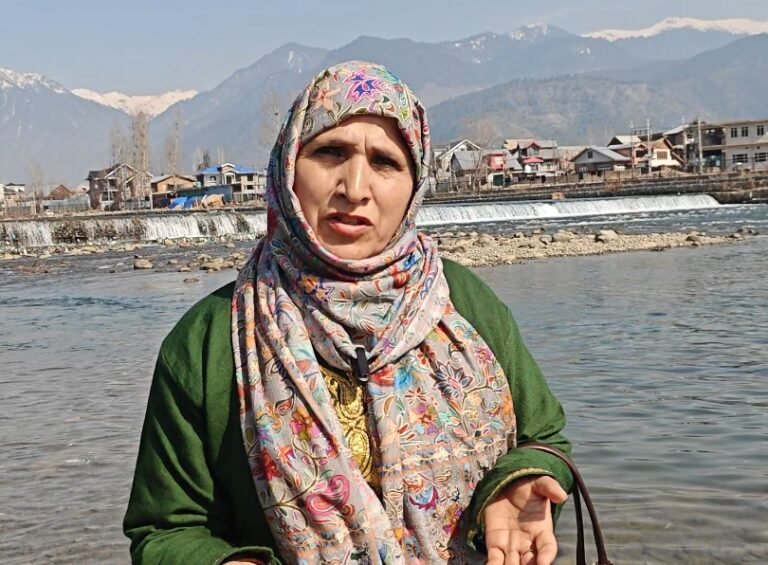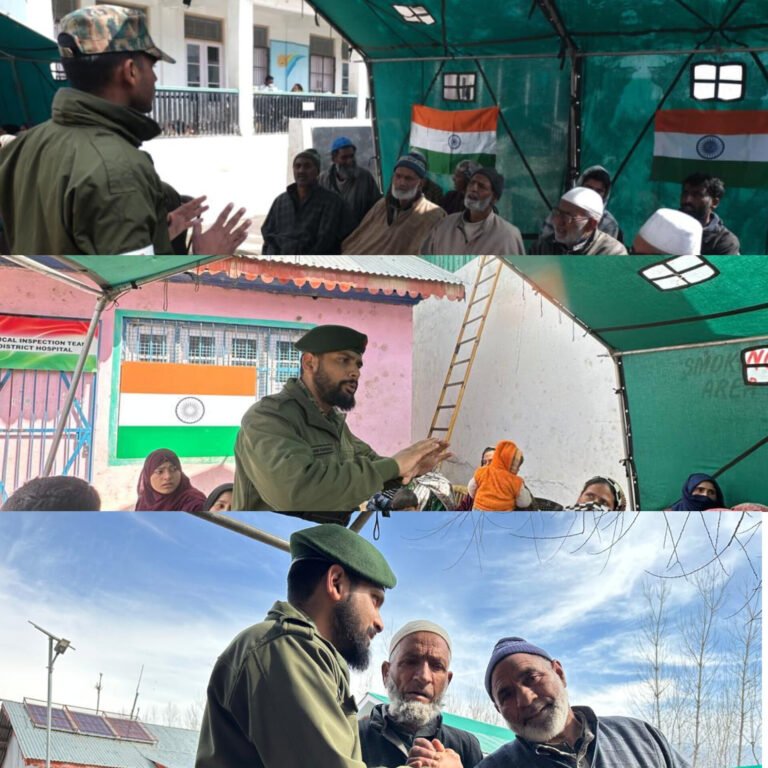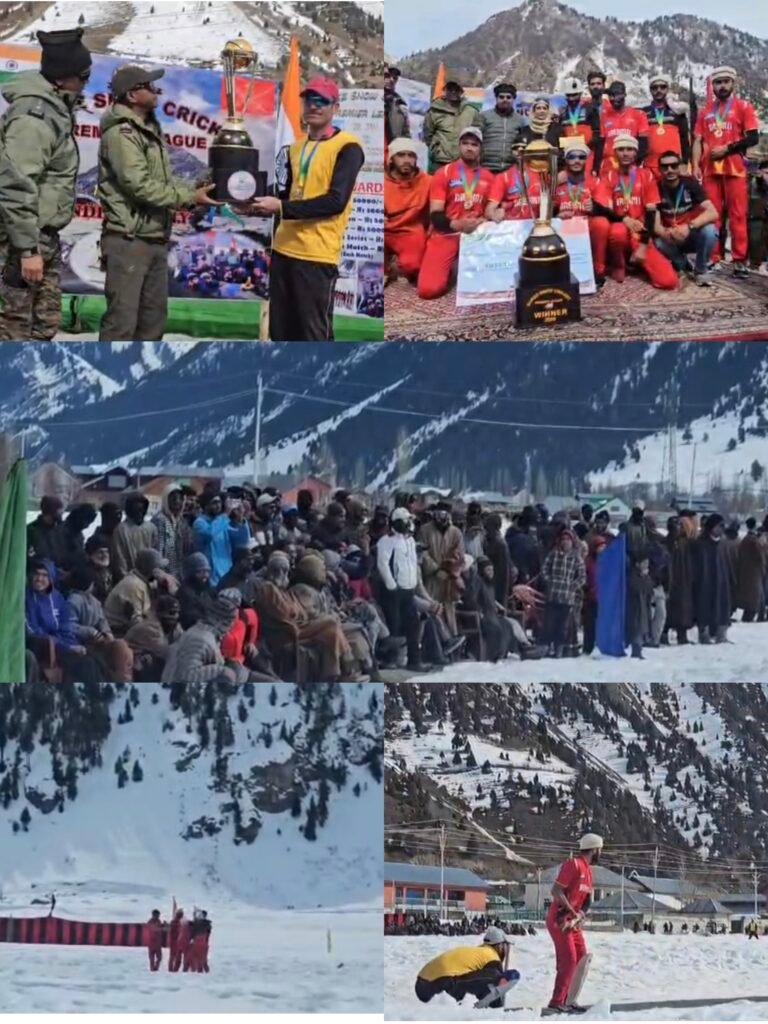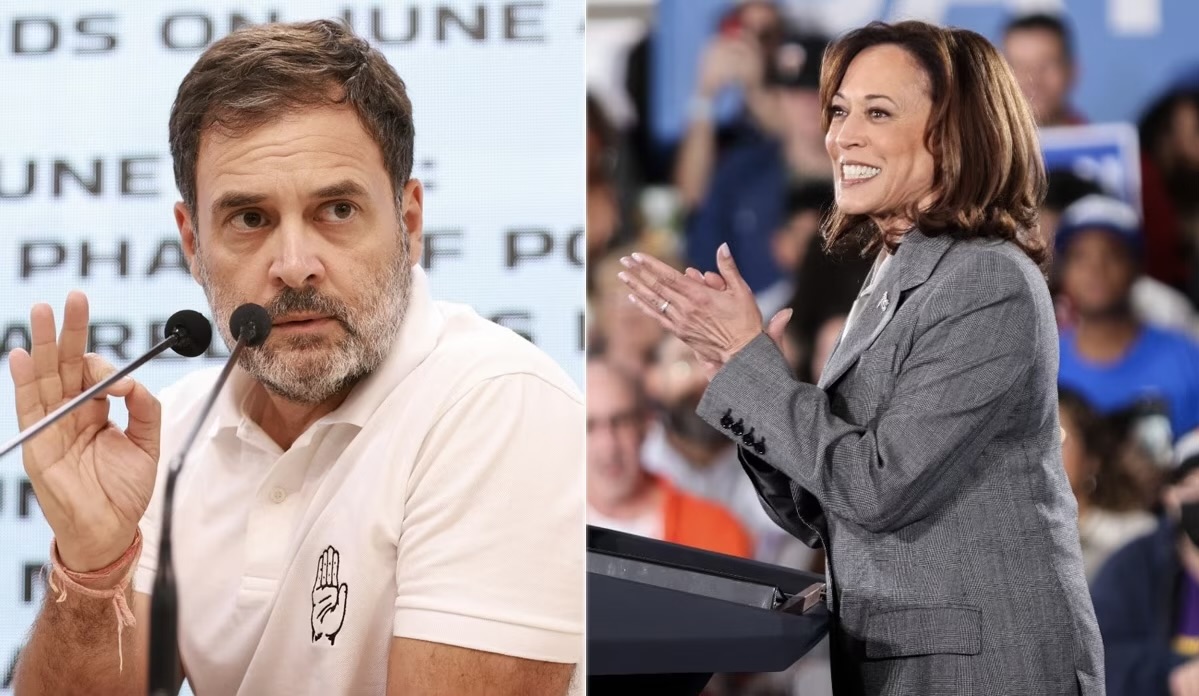
 The recent news of a supposed telephonic conversation between United States Vice President Kamala Harris and Indian politician Rahul Gandhi has caused a stir, with many speculating about its implications. However, the office of the US Vice President has denied the claims, highlighting the prevalence of fake news in today’s digital age.
The recent news of a supposed telephonic conversation between United States Vice President Kamala Harris and Indian politician Rahul Gandhi has caused a stir, with many speculating about its implications. However, the office of the US Vice President has denied the claims, highlighting the prevalence of fake news in today’s digital age.
This essay explores the controversy surrounding the alleged phone call between Kamala Harris and Rahul Gandhi, the implications of fake news in shaping public opinion, and the need for measures to combat misinformation.
The reports of a telephonic conversation between Kamala Harris and Rahul Gandhi sparked excitement among some Congress supporters, who saw it as a testament to the latter’s growing international influence. However, the denial from the US Vice President’s office debunked the claim, underscoring the danger of false information circulating on social media.
In today’s interconnected world, social media plays a significant role in shaping public perception. The deliberate projection of Rahul Gandhi’s involvement in US politics by certain accounts highlights the ease with which misinformation can spread. This incident serves as a reminder of the importance of verifying sources and fact-checking news before accepting it as truth.
The potential candidacy of Kamala Harris in the upcoming US presidential elections adds another layer to this controversy. As an Indian-American, her political aspirations resonate with many in India, leading to increased interest and speculation about her interactions with Indian politicians like Rahul Gandhi. However, the spread of fake news only serves to muddy the waters and create confusion among the public.
Conclusion:
The denial from Kamala Harris’s office regarding the alleged phone call with Rahul Gandhi sheds light on the prevalence of fake news in today’s digital landscape. It underscores the need for greater vigilance and critical thinking when consuming information online. By staying informed and verifying sources, individuals can help combat the spread of misinformation and uphold the integrity of public discourse.
